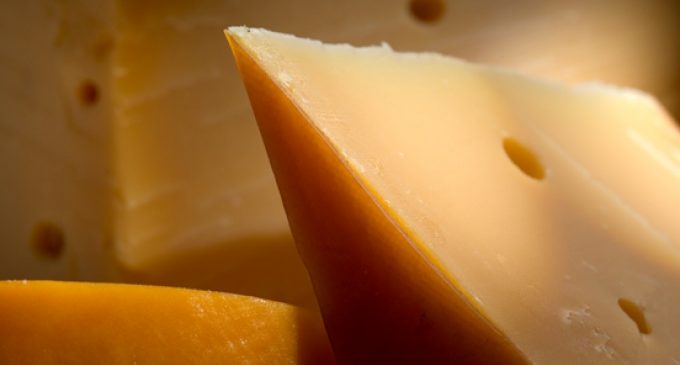Interim Profits Surge at FrieslandCampina

Royal FrieslandCampina has reported an 85% jump in profit to Eur192 million on flat revenue of Eur5.645 billion for the first half of 2015 as margins rose due to the sale of more products with a higher added-value, positive currency translation effects, lower purchasing costs and the lower guaranteed price for raw milk. Although volumes were lower in Western Europe due to difficult market conditions, the dairy co-operative achieved growth in China, Hong Kong, Indonesia, Africa, South-east Europe and in the FrieslandCampina Ingredients business group.
However, the milk price for member dairy farmers fell to Eur36.48 per 100 kilos of milk against Eur44.19 in the first half of 2014 due to the lower guaranteed price for raw milk. Value creation (performance premium plus issuance of member bonds) rose by Eur2.49 to Eur4.22 and the interim pay-out jumped by 145% to Eur2.018 per 100 kilos of milk.
Sales of infant nutrition, ingredients for infant nutrition and condensed milk rose, which increased the proportion of added-value products in group revenue. Revenue from dairy-based beverages rose despite a slight decrease in sales volumes due to the difficult market conditions. The volume of commodities rose, but lower sales prices put pressure on revenue.
Roelof Joosten, chief executive of Royal FrieslandCampina, comments: “In the current uncertain markets we were able to achieve a good result. This proves the success of the route2020 strategy, aimed at achieving sustainable growth and value creation, which we have followed since 2010. Thanks to our strong market positions and cost reductions we have managed to compensate the drop in the guaranteed price for the member dairy farmers to an extent in the milk price. As a result we will be able to pay the member dairy farmers an interim pay-out of just over 2.00 euro.”
FreislandCampina is continuing to invest in improving efficiency and strengthening its international presence. The investment budget for 2015 amounts to Eur600 million, the majority of which relatates to quality improvements and capacity expansion. The on-going projects, including those in Leeuwarden, Borculo, Beilen and Veghel, will contribute towards FrieslandCampina’s ability to process the increasing quantity of milk from member dairy farmers. During the first half, FrieslandCampina expanded production capacity for butter-oil at its butter facility at Lochem, installed a new packaging line for dairy-based beverages at the site in Aakter, and completed the first phase of the new FrieslandCampina Ingredients construction programme at Borculo.
On the international front, FrieslandCampina established a joint venture in China in April 2015 – Friesland Huishan Dairy – paying Eur104 million for a 50% stake in the business. The joint venture is owner of a modern production facility in Xiushui, China and intends introducing a new brand of infant nutrition to the Chinese market. Under this new brand high-quality infant nutrition will be produced on the basis of a fully-integrated supply chain that combines the high-quality production chain of Huishan and the international expertise and experience of FrieslandCampina. Raw milk supplied by Huishan’s own dairy farms will be processed in Friesland Huishan Dairy’s production facility. The deal offers FrieslandCampina a growth platform that is in line with the route2020 strategic goals and reinforces the market position in the strategic growth region of Asia.
 In June, FrieslandCampina also spent Eur182 million in increasing its interest in FrieslandCampina WAMCO from 54.58% to 67.81%. FrieslandCampina WAMCO Nigeria has played a prominent role in Nigeria since 1954. In July, FrieslandCampina announced that it was acquiring Belgian mozzarella producer Fabrelac to gain entry to the growing mozzarella market and to expanding its cheese portfolio.
In June, FrieslandCampina also spent Eur182 million in increasing its interest in FrieslandCampina WAMCO from 54.58% to 67.81%. FrieslandCampina WAMCO Nigeria has played a prominent role in Nigeria since 1954. In July, FrieslandCampina announced that it was acquiring Belgian mozzarella producer Fabrelac to gain entry to the growing mozzarella market and to expanding its cheese portfolio.
FrieslandCampina is not making any concrete statement regarding the expected result for the whole of 2015. The worldwide offering of milk is expected to increase slightly in the second half of 2015. Demand for dairy products in local markets and on the world market is likely to increase very little due to the lagging demand for dairy raw materials in China and Russia’s on-going boycott of dairy products from the European Union. This is likely to continue putting considerable pressure on the sales prices of dairy products in the second half of the year.


































